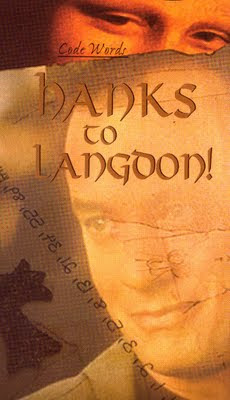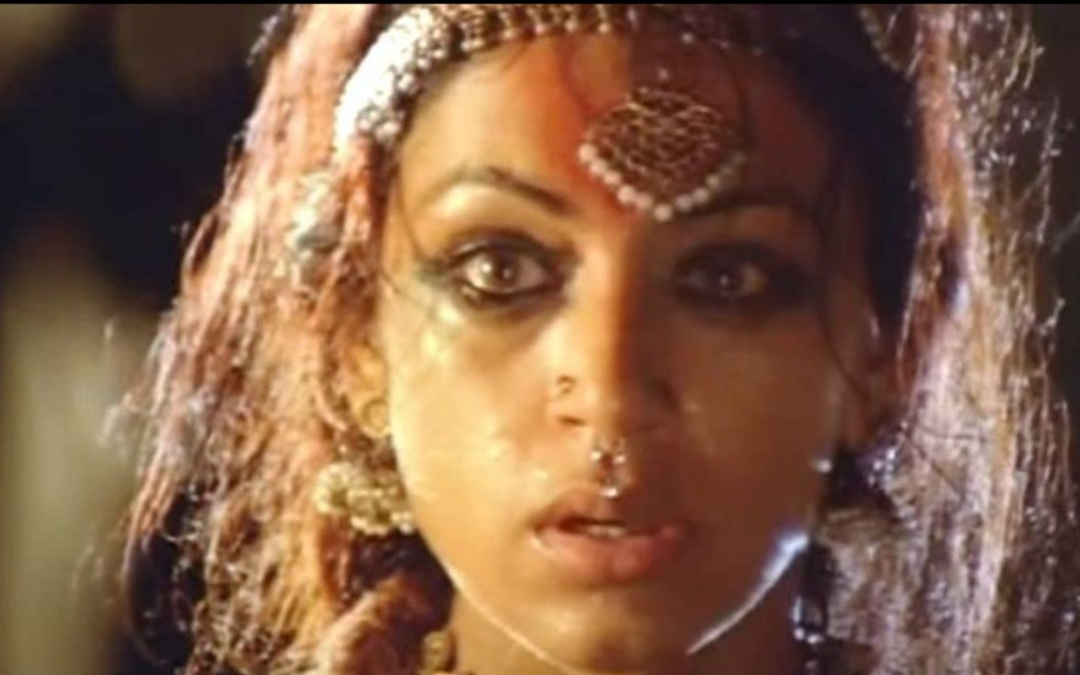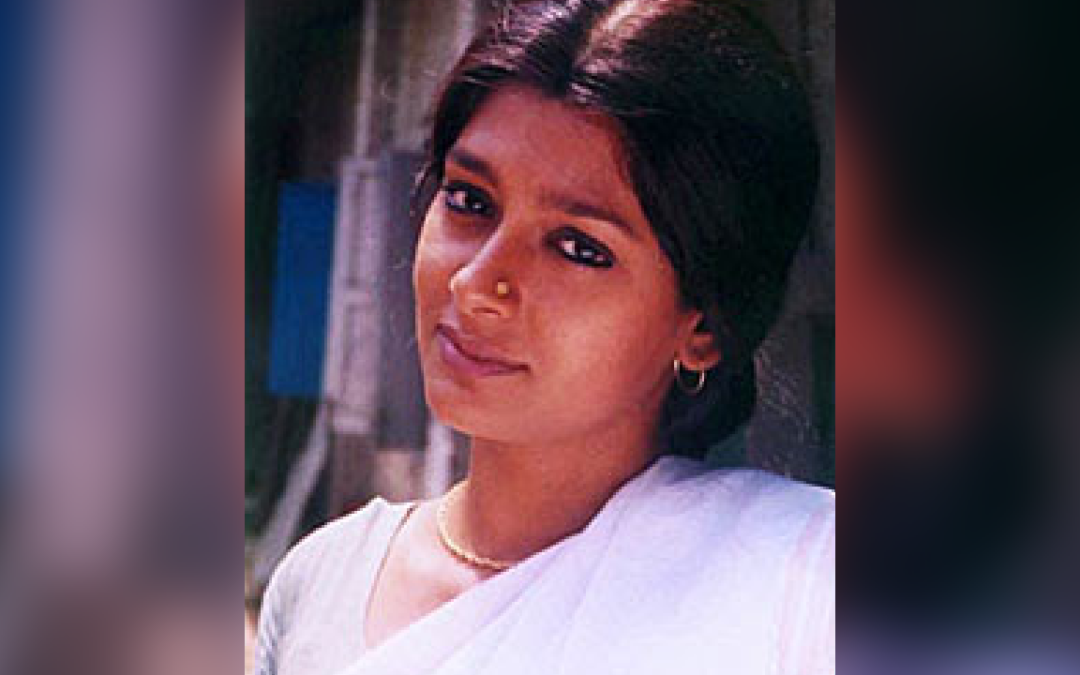
Archive, Cinema
The palladium that runs the arc reactor in his chest is gradually poisoning Tony Stark aka Iron Man. Anticipating death, he appoints Pepper Potts (Gwyneth Paltrow) as CEO of Stark Industries and Natalie Romanoff (Scarlett Johansson) as her assistant.
Stark becomes increasingly brazen, even as trouble arrives from other quarters. His friend, Lt. Col. James Rhodes (Don Cheadle) aligns with his military bosses in demanding that Stark share details of the armoured suit technology. Ivan Vanko (Mickey Rourke) has a personal score to settle with Stark. Justin Hammer (Sam Rockwell), who owns a competitive arms manufacturing company, is hellbent on destroying Stark. All this, while Stark is trying to pull off a year-long exposition of inventions that his father had envisioned.
Finally, Stark gets help from an unexpected source – his dead father. And a man named Nick Fury (Samuel L. Jackson). The climax is a resounding clash of metal against metal as Iron Man battles drones that are programmed to destroy everything in their path.
A must-see for those who enjoyed the previous Iron Man movie.
(An edited version was published in Inbox 1305’s June 2010 Issue)

Archive, Cinema
The term, ‘larger than life’ somehow falls short of describing Tamil Cinema. The industry has been around from the silent era and seen the transition from the days of black and white visuals through Eastman Colour to Colour cinema. It has produced stalwarts like M.G.Ramachandran, Shivaji Ganeshan, Kamal Hassan and Rajinikanth among the heroes, Music Composers like Viswanathan-Ramamurthy, Ilayaraja and A.R. Rahman and the skilled directors like C.V. Sridhar, Bhimsingh, K.Balachander, Bharathi Rajaa, Mani Rathnam & Shankar. Members of the industry have gone on to make forays into politics, banking on the vast support that they enjoy from the masses. Yet, that’s only part of what Tamil Cinema is about.
Cinema holds an integral place in peoples’ lives in Chennai. It’s never a simple case of watching a movie – It is regarded as an outing for the family or among friends, with a meal at a favourite eatery added to the program.
Depending on the genre of the film, a typical theatre in Chennai will attract a variety of watchers – families, groups of friends, couples and in smaller theatres, even the occasional drunk.
When it’s a new release, however, things take a dramatic turn.
On the day the movie releases, a festive atmosphere prevails outside the theatre. Fans of the lead actor throng the city’s theatres and profess their loyalty in ways unimaginable to audiences elsewhere in India or even outside it. The fans perform pooja (worship) of a cut-out image ten times the size of their hero. There are garlanded posters of the actor everywhere and fans also wear T-shirts with the actor’s pictures printed on them. The shows are normally sold out for the first weekend of the release. People vie with each other and use their best contacts to procure a precious ticket. Die hard fans don’t let details like attendance at college or work, come in the way of taking active participant in the First Day frenzy.
For fans, the dividing line between real and reel life gets blurred once the film begins. There are cat-calls when the haughty heroine is cleverly fobbed off by the son-of-the-soil hero. Silver foil and coins are thrown at the screen during the song sequences. There are certain key dialogues in every movie, which are greeted with much encouragement from the masses. A fight sequence is accompanied by raucous applause every time the hero gets the upper hand. In short, the actor’s signature style takes precedence over the intricacies of the film.
Tamil film actors have adopted signature styles, having learnt fairly early, that fans and fan clubs are the true indicators of a Tamil film hero’s popularity. The same goes for directors who have their own trademark elements in each of their movies.
However, the most intriguing element of Tamil Cinema is the economics of movie-making. The budgets are lavish and so are the promotional expenses. The amounts that actors charge are the stuff of urban legends. Simultaneous releases across the world are now the norm for films made on big budgets. With the coming of the multiplexes, the audiences are now experiencing the same cinematic elements in greater luxury at a ticket cost they would have baulked at paying even two years ago.
There are certainly films made, that break away from popular cinema’s song-and-dance routine. There have been many films that have gone on to win critical acclaim and awards at the national and international level. The success of these films depends on the same factors, ironically, as the formula-centric ones – the team and the theme.
No mention of Tamil Cinema and the audiences is complete without getting into some seemingly strange phenomena. For instance, the actor, Rajinikanth’s films enjoy great success in Japan. Chennai’s movie-watching frenzy is not restricted to Tamil cinema alone – Jackie Chan and Jet Li attract quite the crowd. And what could be more surreal than watching Captain Jack Sparrow with his customary flourish intact, spout Tamil dialogues in the dubbed version of the Pirates of the Caribbean?
(An edited version was published in the March 2008 issue of ‘At A Glance’. Picture by author.)

Archive, Cinema

Dan Brown’s bestseller, ‘The Da Vinci Code’ is going the movie route. We asked a few Chennaiites, their opinion on this.
On the one hand there are those who lament the fact that a book has once again gone the movie route. Sanjay Santhanam, a voracious reader of anything fiction, who heads the sales and marketing function in a financial services company, feels, “Why do books HAVE to be made into movies? Can’t we just let them be? A book has so many little details, that the movie cannot encompass. Besides, what’s the fun if you already know the story? The movie will work best for those who haven’t read the book, and may not know what to expect. The upside is that the movie may actually drive these people to read the book after watching it!”
On the other hand, there are those who’re looking forward to the movie. Anitha Pottamkulam, who runs a travel consultancy considered the book a great piece of fiction and says, “It will be a good time-pass film. It has all the elements of one already.”
Nandan Balsavar is an architect and director of an organisation that specialises in human resettlement. His work in the area of town planning includes studying symbology, and it was this aspect that drew him to the book initially. He says, “I would have to read the book again, to really comment on this. However, I think if made well, the movie should be good. This movie will not only draw people who have already read the book, but also introduce the concepts to a whole new movie-watching audience who have not yet read the book.”
The choice of Tom Hanks as Robert Langdon has caused quite a stir, with diverse reactions. Anitha chips in “Tom Hanks is very Middle American. He just doesn’t have it in him to be dashing enough to play Robert Langdon. Look at the rest of the cast – it’s perfect! They’ve done the best thing by casting French actors as Sophie Neveu and Bezu Fache. Why bring Tom Hanks into this equation?”
Tom Hanks, who was recently seen as Viktor Navorski in ‘The Terminal’, has worked on a gamut of unusual roles. From a boy who becomes ‘Big’ overnight, to putting the sleepless in ‘Sleepless in Seattle’. From the AIDS infected Andrew Beckett of ‘Philadelphia’ to the memorable ‘Forrest Gump’. One could go on…What remains to be seen is if he’ll manage to pull off Robert Langdon.
Sudha Hariharan, a housewife, considers Tom Hanks ideal for the role. “Tom Hanks looks erudite enough to carry it off. If we don’t have a screen precedent of what Robert Langdon looks like, why write off Tom Hanks?”
French actress, Audrey Tautou will play Sophie Neveu. Jean Reno will play Inspector Bezu Fache. He played an inspector earlier, hot on the trail of Kevin Kline in ‘The French Kiss’. He’s also acted in ‘Mission Impossible’ and ‘Godzilla’ – he’s in the new Pink Panther movie too!
Ian McKellen will play Sir Leigh Teabing. He is better known as the actor who played Gandalf in the Lord of the Rings series and Eric Lensherr/Magneto in X-Men. Alfred Molina will play Bishop Aringarosa. He played Comte De Reynaud in ‘Chocolat’, Diego Rivera in ‘Frida’ and more recently, Doc Ock/Dr. Otto Octavius in ‘Spiderman II’. Paul Bettany of ‘Wimbledon’ and ‘Master & Commander’ is rumoured to play Silas. He also played Charles in ‘A Beautiful Mind’ and Geoffrey Chaucer in ‘A Knight’s Tale’.
Ron Howard does the honours as director. He has earlier directed films as diverse as ‘Splash’, ‘Cocoon’, ‘Parenthood’, ‘Apollo 13’, ‘Ransom’, ‘How the Grinch Stole Christmas’ and ‘A Beautiful Mind’.
We asked some of our interviewees, “If it wasn’t Tom Hanks, who would it be?” The unanimous decision was a 20-years younger Harrison Ford! Some felt that Robert Langdon’s character was quite similar to Indiana Jones, minus some of the swashbuckling adventures. However, we can only wait until next year to see how good a Robert Landon, Tom Hanks makes.
The worldwide release of ‘The Da Vinci Code’, has been set to May 19, 2006.
(edited version published on June 3, 2005 in Madras Plus, the city features supplement of The Economic Times, Chennai. Pic as published in magazine)

Archive, Cinema
There is an old adage that by providing our children with all that we never had, we may be denying them the things that we did gain. This basically sums up Waqt – The Race Against Time.
Ishwar (Amitabh Bachchan) owns a toy manufacturing company, but hasn’t forgotten his humble beginnings. His son, Aditya aka Adi (Akshay Kumar) is the apple of his eye, and Ishwar fulfils his every whim, including in one instance, hiring a plane for a picnic. Ishwar’s wife, Sumi (Shefali Shah) is the conscience keeper of the family. She disapproves of such excesses on the part of Adi, and her constant struggle is to make Ishwar see his error in indulging Adi. At the heart of all this, is a secret that Ishwar and Sumi share.
Pooja (Priyanka Chopra) and Adi are in love with each other and elope to marry. Ishwar forgives this. He then finds out and is delighted to know that the bride is Pooja, the daughter of an annoying Nattu (Boman Irani) who is always taunting him with his petty one-upmanship. Add to this equation, a deadpan Lakshman (Rajpal Yadav), who is a little low on the uptake.
Sumi frowns upon the fact that Adi is yet to become a responsible adult. To add to this, Pooja is pregnant. Sumi wonders how Adi will handle his responsibilities if he can’t stand on his own feet. With a hard heart, Ishwar throws his son out of the house so that he may learn to fend for himself and his growing family. Adi is initially amused, then shocked by this. He begins to work as a stuntman while preparing to participate in a talent search for a film hero. The rift between the father and son widens. The rest of the movie is about how Adi finally makes it big in life, only to realise, that his battle wasn’t with his father all along, but with time.
On the whole, the basic premise of the movie, on the roles of parents and children, is thought provoking. One interesting aspect of the movie is the evolution of Amitabh Bachhan’s character from being a friend to his son, to being a parent who must teach him responsibility. Despite this, there’s a light vein maintained through most of the movie.
Performance-wise, Shefali Shah catches one’s attention with her restraint and dignity. No melodramatic scenes or emotional blackmail for this screen mom! There’s a camaraderie that she manages to capture in her relationship with Ishwar. Amitabh Bachchan gets to essay a range of emotions, and he’s does it with ease. This is one of Akshay Kumar’s better performances, especially in the second half. Priyanka Chopra is adequate. Boman Irani is brilliant as usual, especially in the scenes when he’s trying to run Ishwar down. Rajpal Yadav launches into questions in scene one, and doesn’t let up on them right till the end.
The director, Vipul Amrutlal Shah, excels in plays turned to film. His earlier venture, Aankhen (about three blind men robbing a bank), was a Gujarati play, and so is this one. His partnership with Aatish Kapadia (Story, Screenplay & Dialogues) seems to be taking this team from strength to strength. Anu Malik’s music is, well, Anu Malik’s music. Miraksam may well become the baraat song of the year.
Those who enjoyed Baghban – you’ll like this family drama, although it does get a little morose towards the end. Thankfully, there are no ‘regret-flashbacks’ for any of the characters. Verdict – a three-hanky movie, but only in the second half.
(edited version published on April 30, 2005 in Madras Plus, the city features supplement of The Economic Times, Chennai) Photo courtesy : santabanta.com







